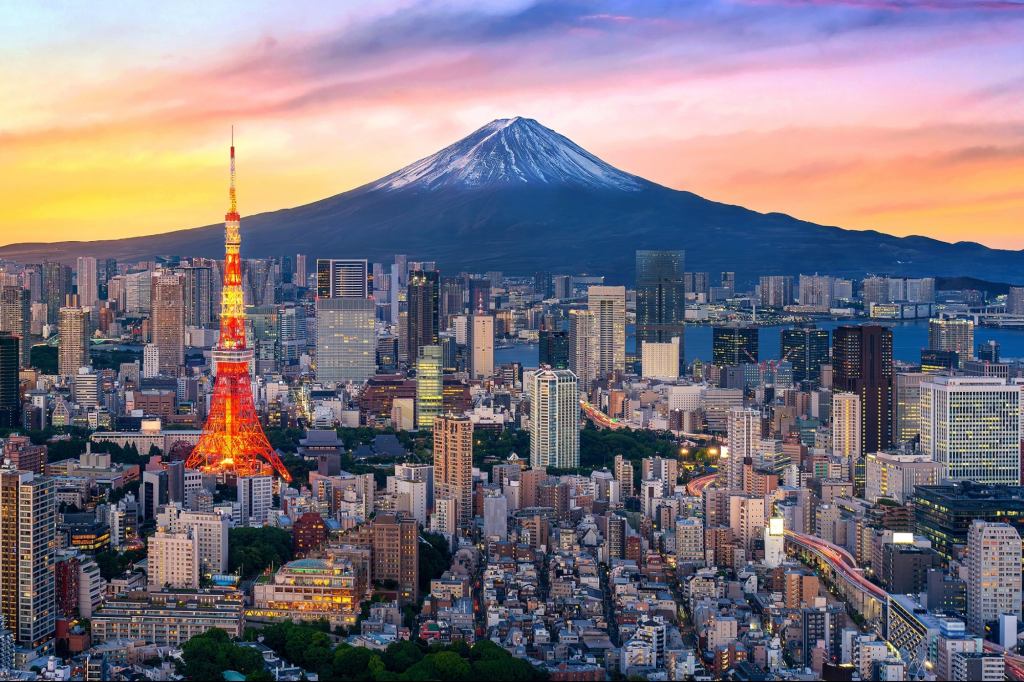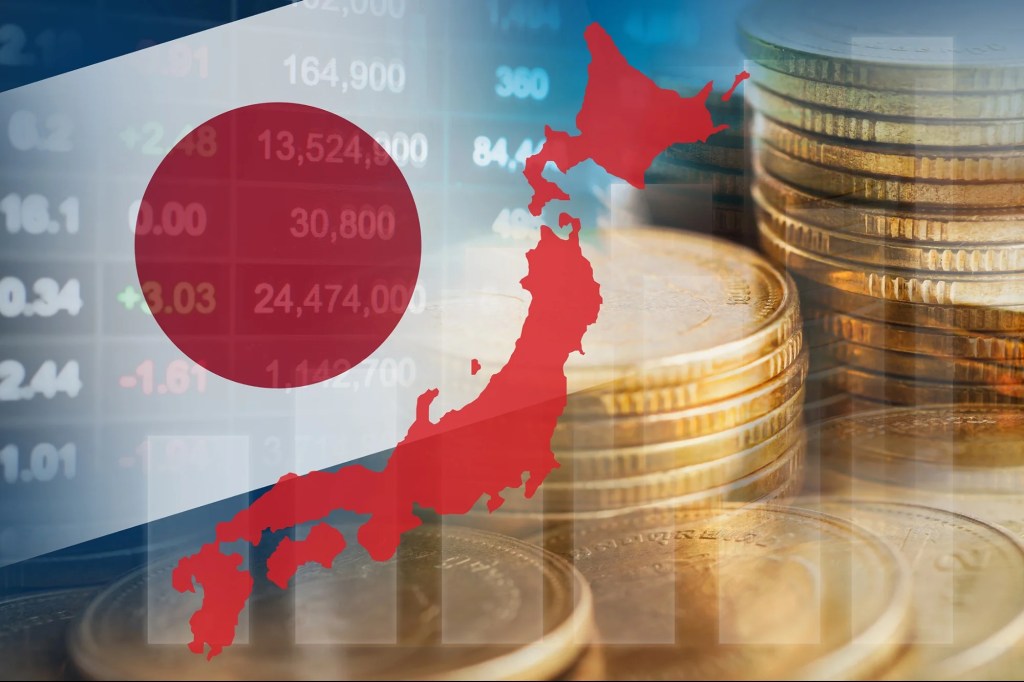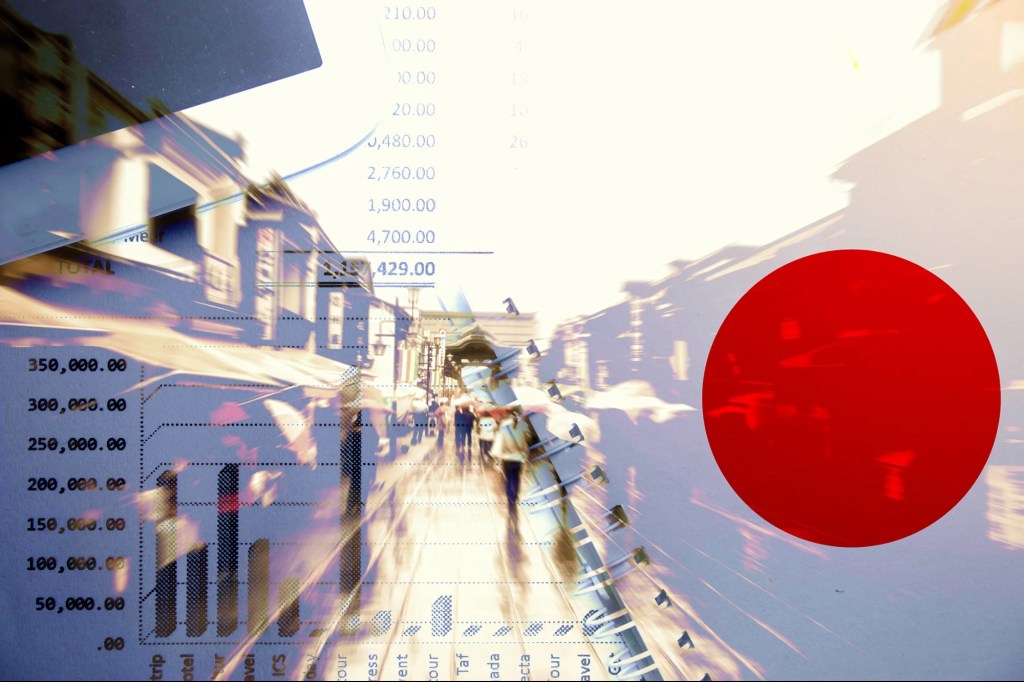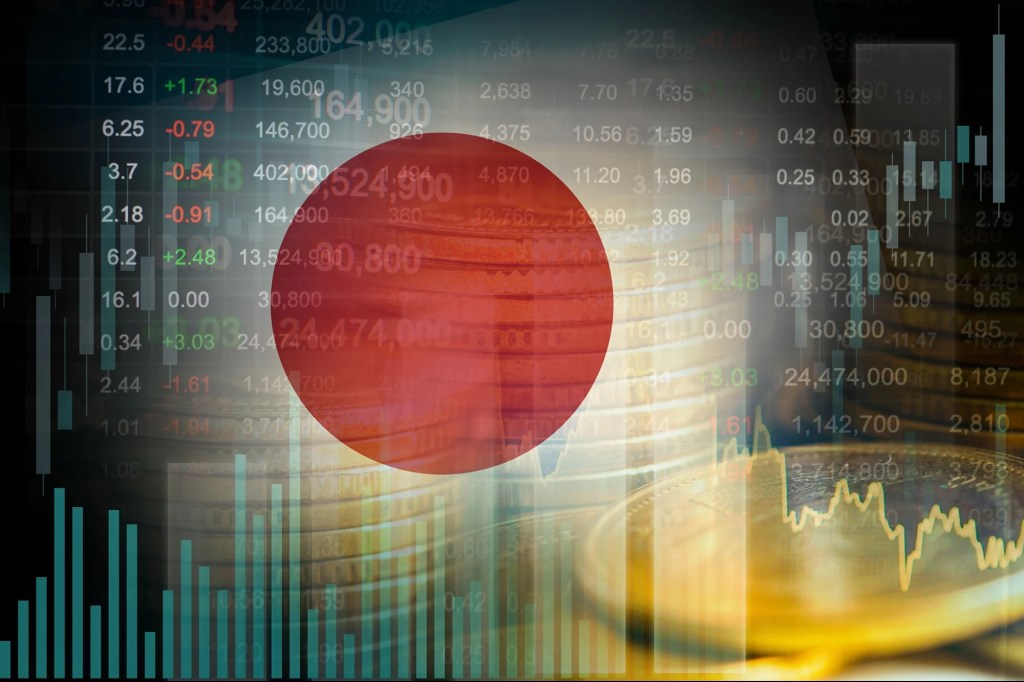International Spotlight
Updates on companies around the world.

Japan: Unlocking Growth Opportunities in One of the World’s Most Advanced Economies
According to the International Monetary Fund, Japan is expected to see renewed momentum in the coming years as real wages rise and structural reforms take hold, creating fresh opportunities for growth and strengthening investor confidence. Today, with renewed political and economic energy, many international investors are turning to Japan not just as a manufacturing hub but as a gateway to advanced supply chains, technological innovation, and stable returns. Under the leadership of Prime Minister Sanae Takaichi, the country is doubling down on reforms designed to make Japan more attractive to foreign capital and easier to do business in.

Japan: Why the World’s Capital is Flowing East
From robotics and advanced manufacturing to green energy and digital technologies, Japan continues to lead in areas where the global economy is rapidly evolving. Companies are heavily investing in artificial intelligence, semiconductors, and renewable energy solutions, aligning with worldwide transitions toward smarter and more sustainable industries. Japan’s strong intellectual property protections and deep R&D culture make it a fertile ground for venture capital, strategic partnerships, and joint ventures.

Japan: Generating Growth and Happiness
The world’s fourth-largest economy, over the past eight decades Japan has established a reputation as a global leader in high-tech manufacturing and innovation, based on timeless traditions of craftsmanship and quality. Its government committed to boosting growth, encouraging investment and business expansion, and taking the lead in the digital and green transformations.

Japan: Upgrading Capitalism by Equipping Today’s Businesses with Tomorrow’s Technologies
As the Nikkei index rockets to heights last seen at the peak of Japan’s post-war miracle economy, investors worldwide have reached a consensus: Japan is a ‘buy.’ According to analysts from Goldman Sachs and J.P. Morgan, record gains have been driven by the high upside in Japan’s equity market, a position all but confirmed by the Tokyo Stock Exchange (TSE) itself – when it outlined plans this March to force companies trading below their book value to increase their stock prices.

Japan: Dawn Breaks for the Rising Sun
Boasting a multi-decade-high equity market, a supply chain haven for countries diversifying away from China, and “immense technological innovation and digitalization,” according to the IMF, Japan continues to remind global investors why, in 2023, they should bet on Asia’s largest and most advanced economy. Enabled by the Bank of Japan’s ultra-loose monetary policy, this year marks a historic turning point for Japan – a meaningful return to healthy inflation after three decades of stagflation.

Japan: Vibrant, Pioneering, Confident
In the post-pandemic landscape of global business, Japan has emerged as the new darling of investors. Last year, the net flow of foreign money into Japanese stocks reached a decade-high of JPY 7.69 trillion, led by countries like the UK, which increased its average monthly investment by ten times, according to data from the Tokyo Stock Exchange. Fearing missing out, deep-pocketed US investors are now gearing up to make this year another record breaker – Bain Capital recently announced it intends to double its investment in Japan. Meanwhile, tech giants like AWS, Microsoft, and Google, as well as major semiconductor players like TSMC, are upping their investments and generating a constant stream of cash flowing into core industries.

Japan: Asia’s Leading Post-Pandemic Economy
If 2023 marked Japan’s breakout, 2024 could herald the beginning of a decade-long ascent as Asia’s premier investment destination. Clear indicators abound, notably the Nikkei index’s historic surge beyond its late 1980s peak, surpassing 40,000 for the first time in history, alongside a significant rise in wages at major firms—the highest percentage increase seen in 33 years.

Japan: The Technologies of Tomorrow, Here Today
According to Morgan Stanley, nominal growth – which gives a clearer picture of Japan’s economy than real growth – reached 5% in 2023, its highest level since 1991. For comparison, Japan’s nominal growth averaged just 0.2% between 1995 and 2020. Likewise, inflation has kept above the Bank of Japan’s 2% target for the past 18 months, incentivizing businesses and households to switch from saving to investing. Recognising the opportunity, global investors are piling in.

EirGenix: Taiwan’s Leading CDMO
Founded in 2012, EirGenix has carved out a niche in monoclonal antibody development and biopharmaceutical manufacturing, offering end-to-end services that span from early clinical trials to full-scale commercial production.

BIA Separations: The Rise of a Global Biotech Leader
BIA Separations is one of the very few innovators worldwide capable of rapidly developing purification technologies tailored to new therapies. The company has built a reputation for agility, often realizing new products within a year, driven by constant contact with customers and an unusually pragmatic culture. Its products are critical for ensuring the purity of gene therapies, cancer therapies, and other next-generation treatments, directly impacting patient safety.
